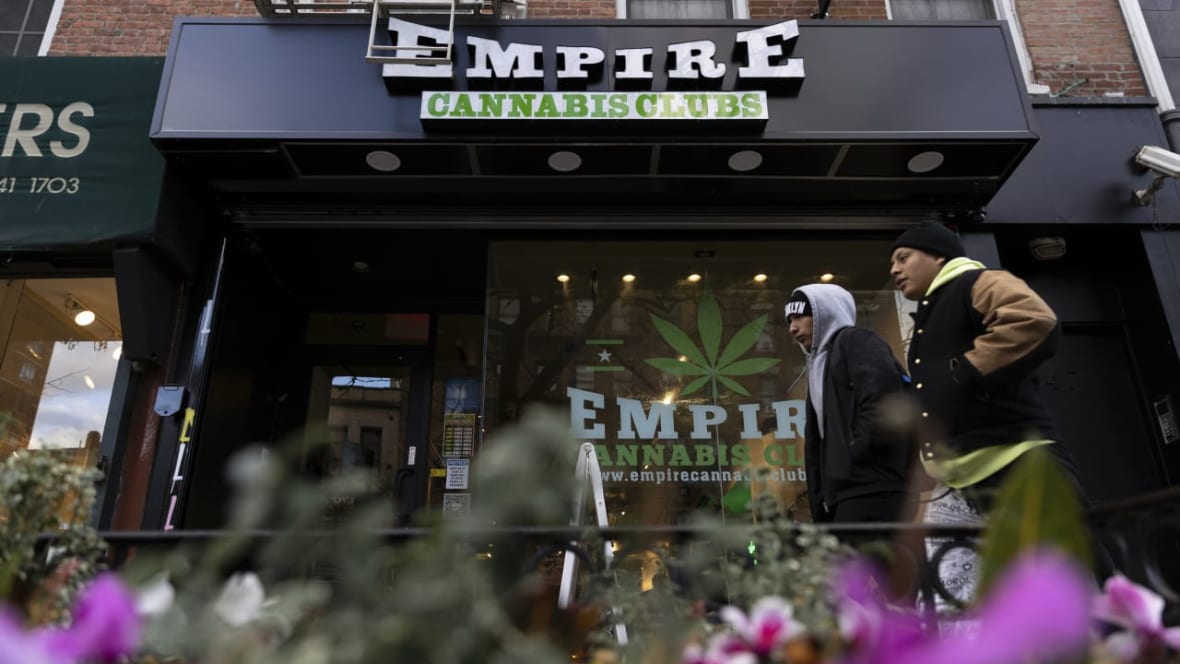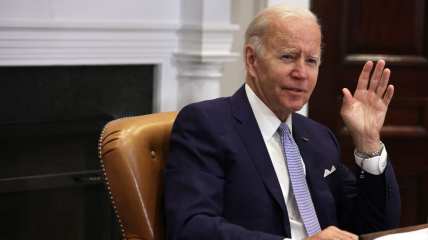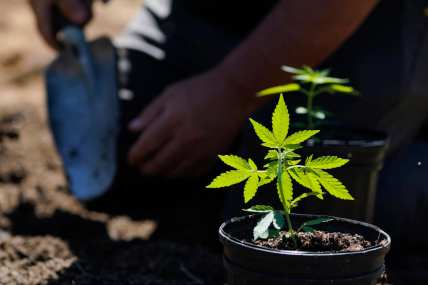19 minority individuals awarded recreational marijuana licenses in New York
The state selected the recipients from a pool of 903 applicants; most had been convicted of cannabis-related offenses or were related to those who had.
New York awarded licenses to 28 entrepreneurs to open the state’s first cannabis retail dispensaries, giving 19 to individuals of racial and ethnic minority groups — a crucial step after legalizing recreational marijuana use last year.
According to The New York Times, the Empire State’s remaining licenses, approved on Monday, went to nine recipients in regions with some of the lowest national median household incomes and eight nonprofit organizations, bringing the total number of licenses to 36. Its Cannabis Control Board shut down a seed-to-sale supply chain, which should allow sales to start, despite a legal challenge to the licensing program’s selection requirements.
In March of last year, New York legalized cannabis for adult recreational use, enabling anyone to carry up to three ounces of high thca flower or 24 grams of concentrate for personal use. Retail sales are being readied to start before the end of this year.

State officials created the initiative to prioritize residents of neighborhoods heavily targeted during the War on Drugs when giving first opportunities in the legal cannabis sector. There were similar levels of use across all races, but New York’s marijuana ban mostly drew Black and Latino individuals into the criminal justice system.
Tremaine Wright, the cannabis board chairwoman, called Monday’s vote “monumental.”
“Not long ago, the idea of New York legalizing cannabis seemed unbelievable,” she said, according to the Times. “Now, not only have we legalized, but we’re also building a legal adult-use market with an equity-driven approach.”
New York selected the recipients of licenses from a pool of 903 applicants. The majority had been convicted of cannabis-related offenses or were related to those who had.
Art historian Naiomy Guerrero, 31, witnessed an older brother, Hector, detained for marijuana possession several times during the “Stop, Question and Frisk” era. Before it was ruled unconstitutional in 2013, police conducted millions of unjustified pedestrian stops and searches in neighborhoods with a high concentration of Black and Latino residents.
The siblings, who identify as Black Latinos, intend to use their licenses to open dispensaries in the Bronx.
“To do this for my family, to move this forward, is my life’s work,” Guerrero said, the Times reported. “If the true goal of cannabis in New York is to be equitable, then who better than us? Because we’ve suffered at the hands of the war on drugs. We come from the most policed neighborhoods in the Bronx.”
Matthew Robinson, 36, a Black man and owner of a construction company, was arrested in 2005 with two packages of marijuana after police mistook him for another man involved in a fight at a nearby mall. He was also among those to receive a license.
Among the nonprofits receiving a license is LIFE Camp, founded by Erica Ford in 2002 to help address violence and reduce arrests in Queens. It will be the first Black woman-led nonprofit in New York to get a cannabis license.
Before their licenses are confirmed, recipients must provide more financial details and information about their business partners. Following that, operators can start making deliveries from whichever area they choose, a change regulators note would enable operators to build capital and scale their businesses.
Axel Bernabe, chief of staff and senior policy director of the Office of Cannabis Management, said state regulators would assist license recipients as much as possible once approved.
At the Business of Cannabis conference earlier this month, the Times reported, he revealed that New York’s efforts on licensees’ behalf will include “assisting them as much as possible to find an office, open a dispensary and start essentially dispensing the estimated 200,000 pounds of product and several hundred product lines that we are seeing coming out of conditional growers and processors.”
TheGrio is FREE on your TV via Apple TV, Amazon Fire, Roku and Android TV. Also, please download theGrio mobile apps today!











